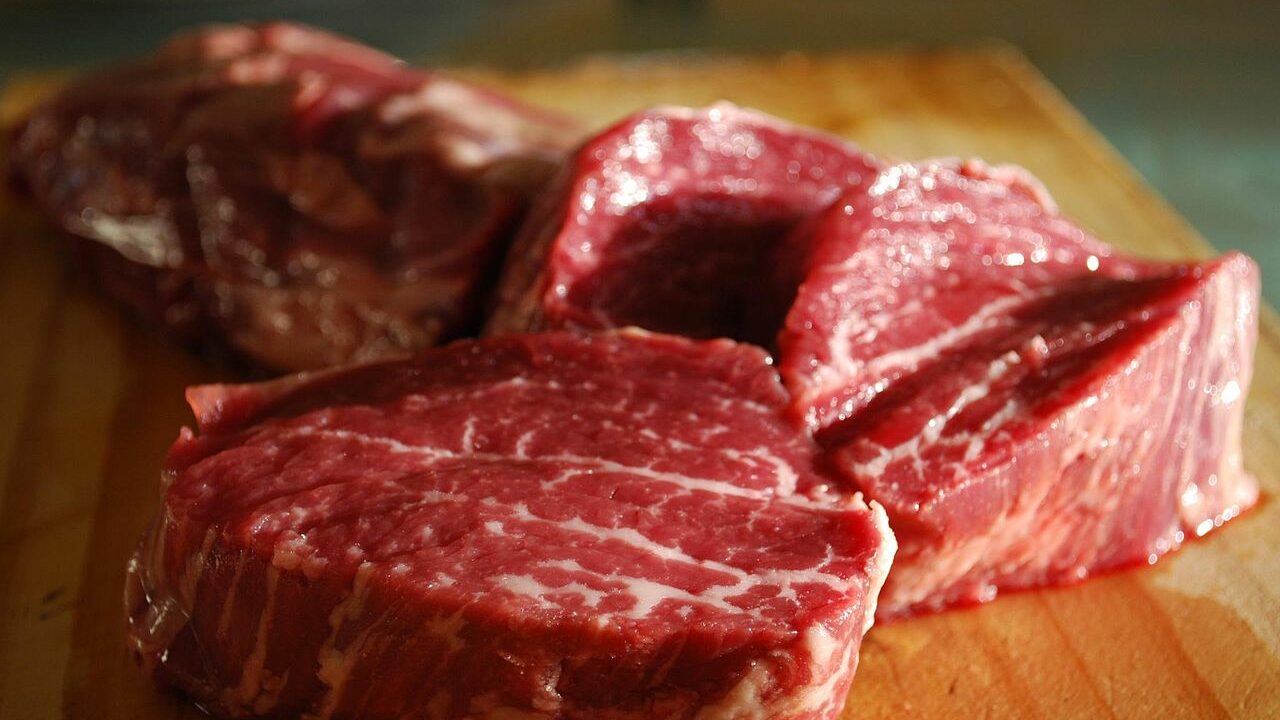With the EU moving towards the conclusion of a trade agreement with Mercosur (the union of South American countries), extreme caution regarding any concession on beef – which could significantly damage the EU beef market – has been urged by Vice-President of the European Parliament, Mairead McGuinness.
McGuinness, who was speaking at an event today (Wednesday, June 21) in the European Parliament on the challenges of the Mercosur trade negotiations for agriculture, said that it is clear there is strong momentum for an agreement, with the commission indicating a deal is possible by the end of the year.
“More progress has been made on reaching an agreement in the last month, than in the last 15 years,” she said.
“In a worst case scenario, the price that EU agriculture might pay is estimated at €7 billion, with particular concerns for the beef sector.
It’s important that, in the speed towards an agreement, sight is not lost of the negative consequences for the agri-sector.
“The commission stressed that this potential cost for agriculture will not happen, as account will be taken of the sensitivity of the beef sector in particular, with TRQs [Tariff Rate Quotas] and tariffs still likely to apply. However, it is worrying that we do not have any details of the likely offer on beef,” she added.
McGuinness stated that she has stressed to the commission the importance of making sure that EU standards will not be affected by a Mercosur deal and that she will hold the commission to account when they announce that EU food safety rules will not be compromised.
The commission is stressing that there are opportunities for EU agriculture exports to Mercosur, and that growth opportunities for agriculture will come from outside the EU and not from within.
The MEP called on the commission to defend EU food safety interests and quality standards, and to make certain that the sensitivities of the beef sector are addressed in the trade talks.
Concluding, McGuinness warned: “Beef is an extremely sensitive product for the EU and anything which damages the market and reduces prices to beef farmers will be hugely detrimental, not just to producers but also to the regions where beef production is an important sector, namely Ireland and France.”
